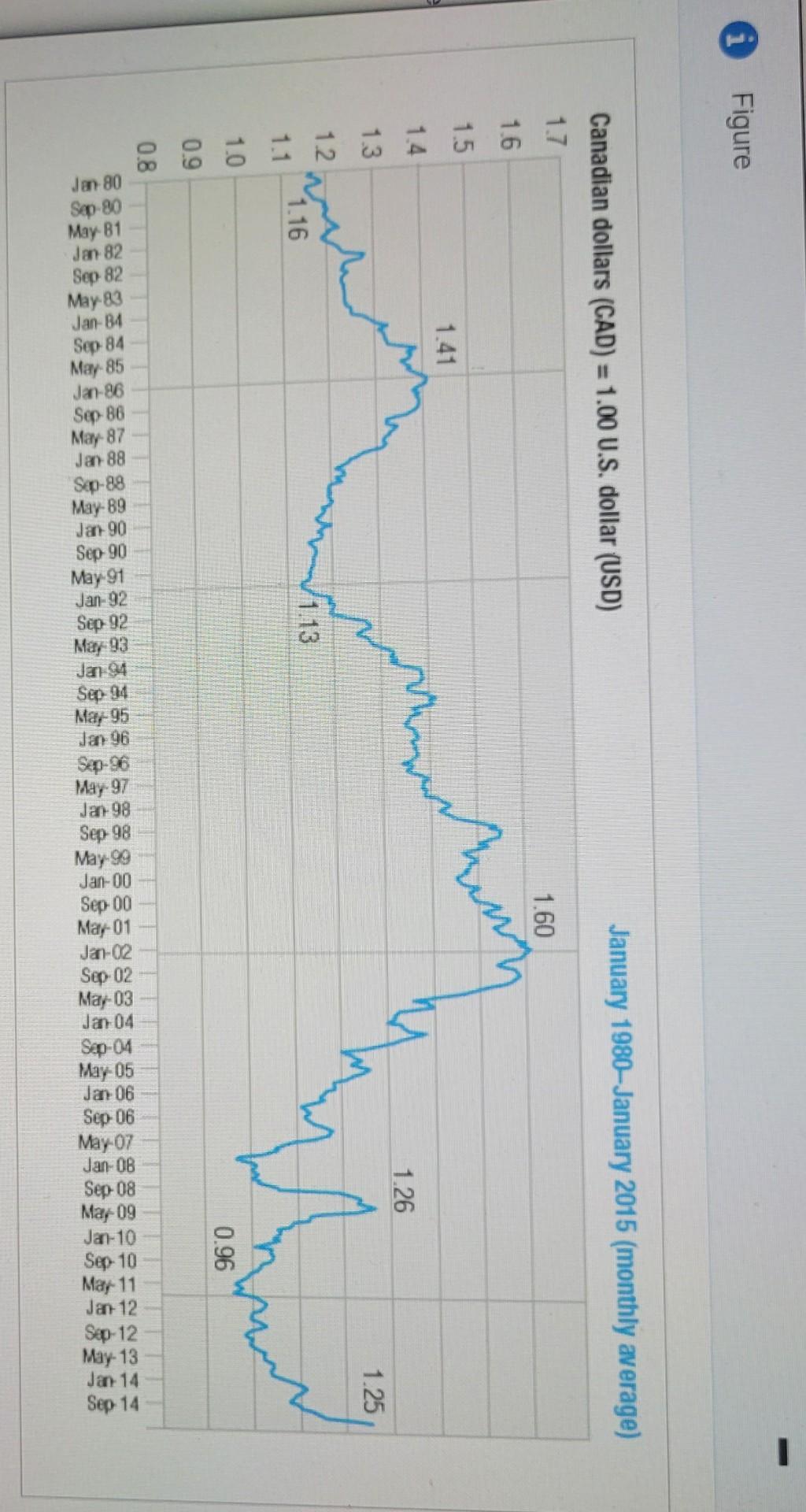The Untapped Potential Of Middle Management: Maximizing Their Contribution To Business Growth

Table of Contents
Empowering Middle Management for Enhanced Performance
Effective Middle Management is the cornerstone of a high-performing organization. Empowering them requires a multi-pronged approach focusing on delegation, training, and communication.
Delegation and Accountability
Effective delegation is paramount. It frees up senior management to focus on strategic initiatives while empowering middle managers to develop their leadership skills and take ownership. Establishing clear accountability frameworks ensures that tasks are completed efficiently and to a high standard.
- Practical Tips for Effective Delegation: Clearly define roles and responsibilities, provide necessary resources and training, set realistic deadlines, and offer regular feedback and support.
- Tools for Improved Accountability: Utilize project management software, regular progress reports, and performance dashboards to track progress and identify potential roadblocks. Implement accountability frameworks that clearly outline expectations and consequences.
- Performance Management: Regular performance reviews, focused on both successes and areas for improvement, are crucial for fostering a culture of accountability and continuous improvement.
Investing in Training and Development
Investing in leadership development for Middle Management yields significant returns. Equipping them with the necessary skills and knowledge empowers them to lead their teams effectively and contribute to strategic goals.
- Leadership Training Programs: Focus on areas such as decision-making, conflict resolution, team motivation, and strategic thinking.
- Communication Skills Enhancement: Improve communication strategies, active listening skills, and clear, concise communication techniques.
- Strategic Planning Training: Equip middle managers with the skills to understand and contribute to the organization's strategic objectives. This allows them to align their team's efforts with the overall business strategy. The ROI of such investments is substantial, leading to increased efficiency and improved decision-making.
Fostering Open Communication and Collaboration
Open communication is the lifeblood of any successful organization. It builds trust, fosters collaboration, and promotes a positive work environment. Middle managers play a pivotal role in facilitating this.
- Improved Communication Channels: Implement regular team meetings, open-door policies, and feedback mechanisms to encourage open dialogue and ensure information flows freely.
- Promoting Collaboration: Encourage cross-departmental collaboration and knowledge sharing through team-building activities, joint projects, and shared goals.
- Positive Work Environment: Foster a culture of respect, recognition, and support, creating a workplace where employees feel valued and empowered.
Aligning Middle Management with Business Objectives
Aligning Middle Management goals with overall business objectives is crucial for organizational success. This requires clear goal setting, strategic planning, and data-driven decision-making.
Clear Goal Setting and Performance Metrics
SMART goals (Specific, Measurable, Achievable, Relevant, Time-bound) provide a clear framework for aligning individual and team efforts with the company's strategic objectives. Establishing Key Performance Indicators (KPIs) allows for the objective measurement of progress and performance evaluation.
- SMART Goal Setting: Ensure goals are clearly defined, quantifiable, attainable, relevant to overall business objectives, and have specific deadlines.
- Key Performance Indicators (KPIs): Identify and track relevant KPIs to monitor progress toward goals and make necessary adjustments.
- Regular Performance Reviews: Conduct regular performance reviews to provide constructive feedback, identify areas for improvement, and recognize achievements.
Strategic Planning and Resource Allocation
Involving Middle Management in the strategic planning process ensures buy-in and fosters a shared understanding of organizational objectives. Empowering them to make informed decisions regarding resource allocation optimizes efficiency and productivity.
- Participation in Strategic Planning: Include Middle Management in strategic planning sessions to leverage their insights and expertise.
- Empowered Decision-Making: Delegate decision-making authority to Middle Management, enabling them to make timely and effective decisions regarding resource allocation.
- Progress Tracking: Regularly monitor progress against strategic goals and make necessary adjustments to ensure alignment and achieve objectives.
Utilizing Data and Analytics for Informed Decision-Making
Providing Middle Management with access to relevant data and analytics empowers them to make informed decisions, optimize processes, and improve team performance.
- Data-Driven Decisions: Encourage Middle Management to utilize data and analytics to inform their decision-making, optimize workflows, and improve team efficiency.
- Business Intelligence Tools: Provide access to relevant business intelligence tools and dashboards to facilitate data analysis and informed decision-making.
- Performance Optimization: Use data analysis to identify bottlenecks, improve processes, and enhance team performance.
Recognizing and Rewarding Middle Management Contributions
Recognizing and rewarding the contributions of Middle Management is essential for boosting morale, fostering loyalty, and encouraging continued high performance.
Implementing Effective Incentive Programs
Implementing well-designed incentive programs can significantly impact Middle Management motivation and performance. These programs should be fair, transparent, and aligned with overall business objectives.
- Performance-Based Bonuses: Reward exceptional performance with bonuses tied to the achievement of specific goals and KPIs.
- Promotions and Career Advancement: Offer opportunities for career advancement to recognize achievements and reward dedication.
- Public Recognition: Acknowledge and celebrate successes publicly to reinforce positive behaviors and motivate the entire team.
Creating a Culture of Appreciation and Support
Creating a supportive and appreciative work culture is crucial for boosting morale, productivity, and overall employee well-being.
- Employee Well-being Initiatives: Implement programs that promote employee well-being, such as flexible work arrangements, wellness programs, and mental health support.
- Work-Life Balance: Encourage a healthy work-life balance to prevent burnout and maintain employee engagement.
- Open Communication and Feedback: Maintain open communication channels to address concerns, provide support, and show appreciation for hard work.
Conclusion
Unlocking the untapped potential of Middle Management is not just a matter of good management; it's a strategic imperative for business growth. By empowering them, aligning their goals with business objectives, and recognizing their contributions, organizations can significantly improve efficiency, boost morale, and drive impressive results. The return on investment from strategically investing in Middle Management development and support is substantial, leading to increased productivity, improved employee retention, and ultimately, greater profitability. Start maximizing the potential of your Middle Management today by implementing these strategies to achieve unprecedented business growth. Focus on optimizing Middle Management effectiveness and developing Middle Management talent to achieve a significant competitive advantage.

Featured Posts
-
 The La Wildfires A Reflection Of Societal Trends In Disaster Betting
Apr 24, 2025
The La Wildfires A Reflection Of Societal Trends In Disaster Betting
Apr 24, 2025 -
 Car Dealerships Increase Pressure Against Ev Sales Quotas
Apr 24, 2025
Car Dealerships Increase Pressure Against Ev Sales Quotas
Apr 24, 2025 -
 The Unexpected Business Strategy How One Airline Leverages Deportation Flights
Apr 24, 2025
The Unexpected Business Strategy How One Airline Leverages Deportation Flights
Apr 24, 2025 -
 Secret Service Closes Investigation Into White House Cocaine Incident
Apr 24, 2025
Secret Service Closes Investigation Into White House Cocaine Incident
Apr 24, 2025 -
 Analyzing The Canadian Dollars Performance Against Global Currencies
Apr 24, 2025
Analyzing The Canadian Dollars Performance Against Global Currencies
Apr 24, 2025
